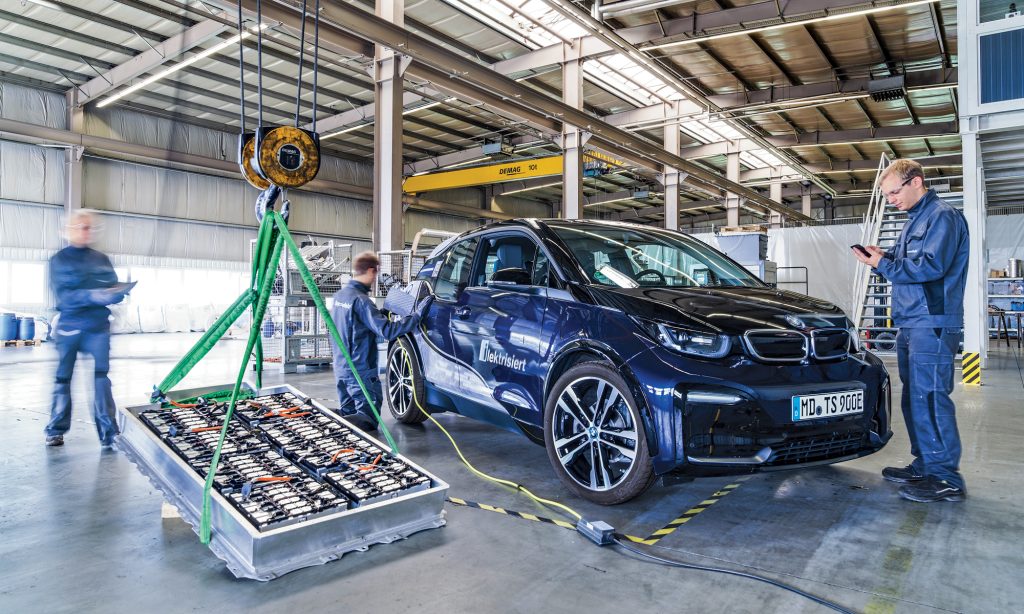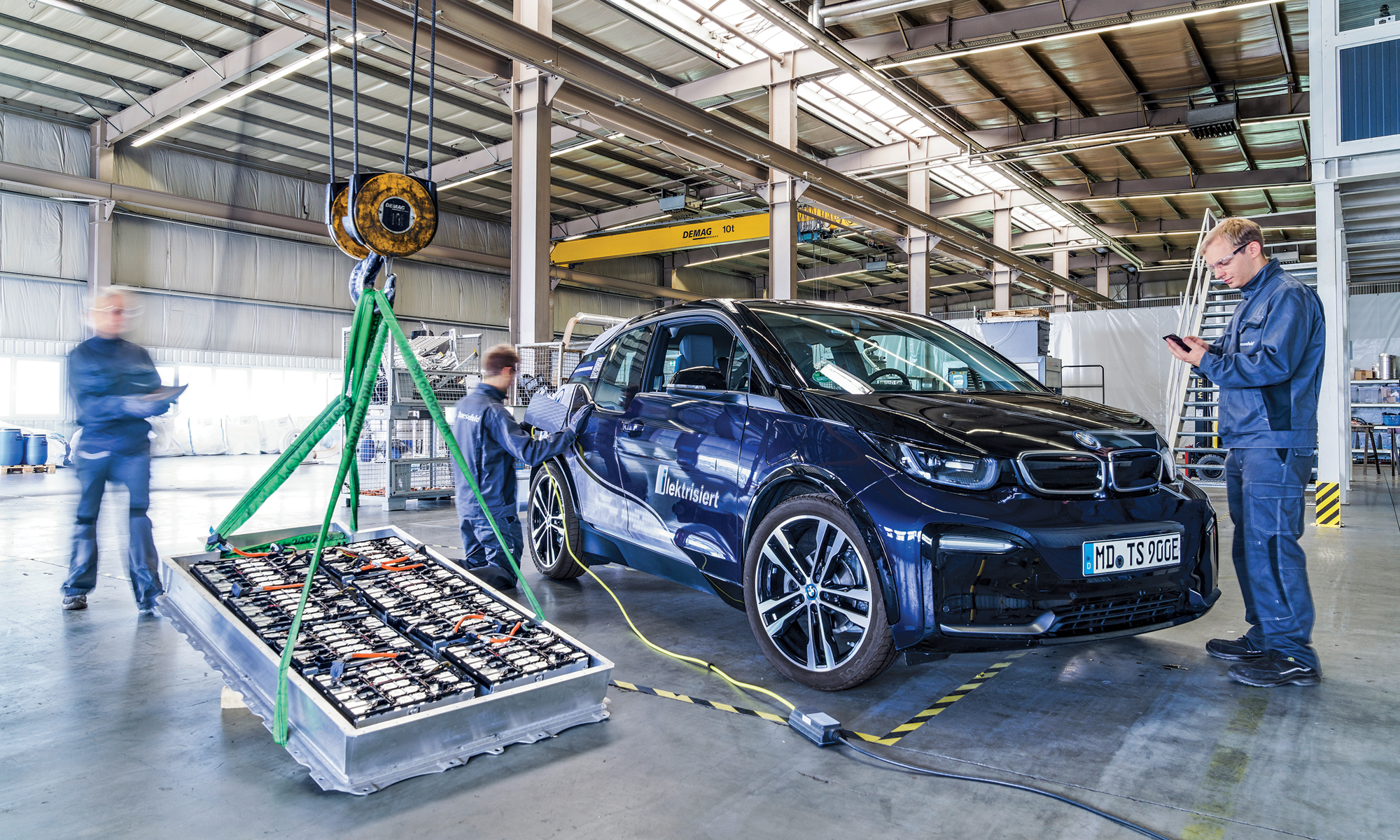The Top Lithium Battery Manufacturer in Germany is located in the heart of Europe’s supply chain, in the Schleswig-Holstein region. Located in central Germany, Heide benefits from sufficient space and industrial competence to maximize economies of scale. It also benefits from a labor force with deep experience in battery technology and a German industrial competency. As a result, its battery quality is of the highest possible standard.
BMW plans to build a factory for battery cells in Erfurt
BMW wants a local battery cell supplier based on the quality of the battery cells it sells to other carmakers. While BMW has already signed contracts with two companies, the automaker has said it would like to partner with other battery manufacturers in the world as well. According to CATL chairman Robin Zeng, the company is considering additional locations if the Thuringia project proves successful. BMW plans to source about four billion euros’ worth of battery cells in the next few years and the new factory will create about 600 jobs. The battery cells will be able to generate 14 gigawatt hours of power by 2022.

The company is partnering with Chinese firm CATL to build a battery cell factory in Erfurt. It will supply the German automotive industry with batteries for electric cars. BMW is “very pleased” with CATL’s decision to establish a manufacturing plant in Erfurt. However, more details are expected to come out on Monday. China Prime Minister Li Keqiang is due to visit Berlin on Monday and meet with Merkel.
Rock Tech Lithium plans to build the largest lithium refining plant in Europe
The new facility is expected to start production in 2024 and will be able to produce enough lithium hydroxide to equip nearly 500,000 battery-powered electric cars with a charge. The plant will use locally-sourced renewable energy and employ up to 160 people. It is expected to produce 24,000 metric tons of lithium hydroxide per year, enough to fuel almost 500,000 electric cars.
The project will involve constructing the first lithium converter and production facility in Europe, which will be able to produce battery-grade lithium hydroxide. The entire process will be located in the Guben site. Once complete, the converter is expected to be operational by 2024. The plant will be located in a region with favorable environmental and economic conditions that can support the development of a thriving e-mobility cluster and battery value chain.
The project is expected to start operations in 2024 and will include the construction of a converter and battery-metals facility. The company plans to invest a total of EUR470 million in the project and expects to hire 160 people. Once completed, the new facility will be able to produce up to 24,000 metric tons of lithium hydroxide per year – enough to fully equip about 500,000 electric vehicles.
Panasonic is third-largest supplier of EV batteries
Increasing the production capacity of its electric-vehicle battery division is one of the biggest challenges facing the company, said Panasonic executive Celina Mikolajczak. This is because the company’s supply chain is concentrated in a few companies. At the same time, the auto industry is preparing for an increase in production of electric vehicles over the next decade, and regulators are pushing manufacturers to move away from gas-powered cars.
CATL emerged as one of the main players in the EV market in China, after Beijing only subsidized vehicles with Chinese batteries. Although China has been behind the technology development of electric vehicles, the Chinese government is phasing out subsidies for the EVs starting next year. The company has factories in China and is building its first overseas plant in Germany. It is also considering a U.S. plant. The company is also a supplier of TeslaTSLA.O. It installed equipment at its Nevada plant to ramp up production. This investment is worth $1.6 billion.
Panasonic is partnering with Tesla
The two companies have been collaborating since 2009 on automotive-grade batteries. In November of 2014, Tesla sold $30 million in stock to Panasonic. Tesla’s stock currently trades at around $693. After nine years as CEO, Tsuga will step down to become a chairman. Panasonic plans to continue supplying Tesla with cell lines, but will focus its efforts on developing the next generation of battery cells. Regardless of whether the two companies succeed in their partnership, the company’s growth will depend on how well they work together.
Since the start of the Gigafactory project, Panasonic and Tesla have been working together on a variety of levels. In 2016, Panasonic invested 1.6 billion dollars in Tesla’s project. This led to the creation of a liaison between the two companies. Yamada spent an entire year working with Tesla’s executives on various matters, including financials and the location of the manufacturing facility. The company will start testing production of the Tesla 4680 battery in April.
